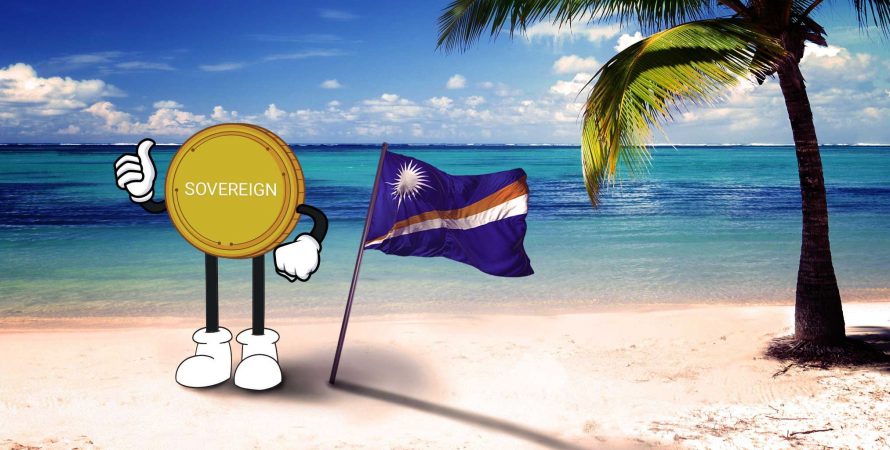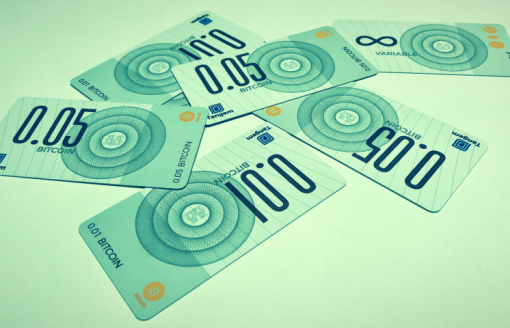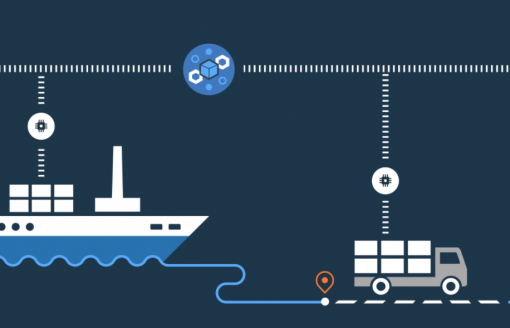According to the remote Pacific republic’s top officials, the Marshall Islands will be soon replacing USD as their official currency with its own cryptocurrency. This new currency will be named as Sovereign (‘SOV’).
President of the Marshall Islands, David Paul said, “This is the way of the future, as a country, we reserve the right to issue a currency in whatever form it is, whether in digital or fiat form.”
He further added that the currency will be issued to the people of the nation by an initial coin offering(ICO) as ICO has become a popular financial strategy to raise funds.
The country has limited the supply of SOV to 24 million tokens to prevent the chances of inflation and these 24 million tokens represent the 24 municipalities of the Marshall Islands, Paul said.
The Marshall Islands will be working with an Israeli fintech startup named Neema, to issue the SOV.
A May 22, 2018 government released statement stated that the SOV will act like a regular currency.
Laws are already in place to deal with legal tenders in each of these jurisdictions. Now that SOV is a regular currency with the government’s backing, it will also fall under these laws. As opposed to private cryptocurrencies which did not have a uniform set of rules regulating them.
It also stated that, these laws will create legal certainty for its use as every jurisdiction around the world have laws for dealing with legal tender unlike every other private cryptocurrencies which are dealt differently in different jurisdictions.
Many countries like China, Estonia, and Iran, have also shown interest in launching their own digital currency.
Digital tokens launched by private companies have gained popularity and their value has increased noticeably.
The Petro, Venezuela’s new digital token raised about $735 million on its first day of presale earlier this month which is backed by crude oil reserves. But, the SOV will be different as the country’s parliament has approved SOV’s legal tender.






Bitcoin goes physical